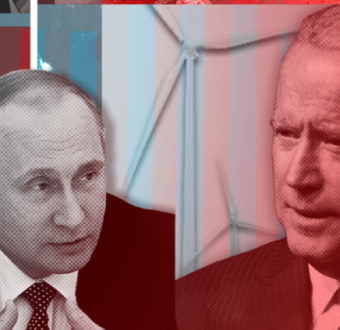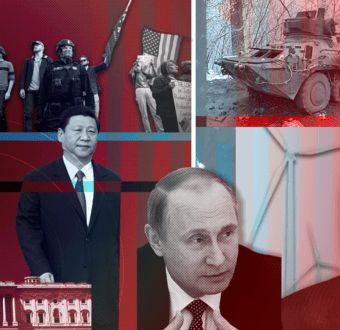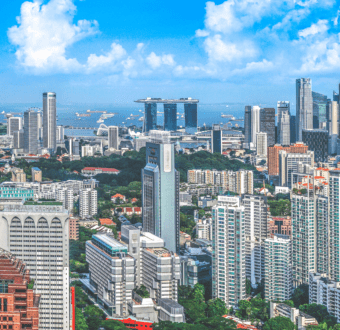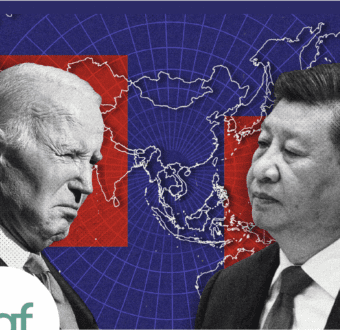Zuri Linetsky appeared on Radio Taiwan International’s The Strait Up Podcast on June 30, 2023
IGA research fellow Zuri Linetsky appeared on The Strait Up Podcast on June 30, 2023.
Hello and welcome to the Strait Up Podcast, the show about international affairs with a focus on East Asia and of course Taiwan.
Tensions between the United States and China have been at historic highs recently. Taiwan is of course at the center of much of the tension. But how do other countries who have relations with both China and the United States feel about the tensions?
Well one good way to answer these questions is through public opinion surveys. And my guest today is someone who has done just that. Zuri Linetsky is a Research Fellow at the Eurasia Group Foundation. He is also the co-author of a recent survey and analysis which asked people in three countries, South Korea, the Philippines, and Singapore, how they feel about US-China tensions. These countries were chosen because they are all in the Indo-Pacific region and all have fairly strong relationships with both the United States and China. I spoke with Zuri just after US Secretary of State Antony Blinken’s trip to Beijing.
This interview is a relatively long one and focuses specifically on the research methods and findings of the survey. I would encourage those who are able to look at the survey results themselves, as they have many useful graphs to help understand the findings. The survey can be found here.
The survey not only asks how people in the three countries feel about US-China tensions but also more general questions about their positive and negative views of the US and China individually. I found some of the results quite surprising, but I’ll let Zuri explain the rest.

Written by Zuri Linetsky
Zuri is a research fellow with the Independent America project at the Institute for Global Affairs.
More from Zuri
This post is part of Independent America, a research program led out by Jonathan Guyer, which seeks to explore how US foreign policy could better be tailored to new global realities and to the preferences of American voters.










America Prepares for a Pacific War With China It Doesn’t Want